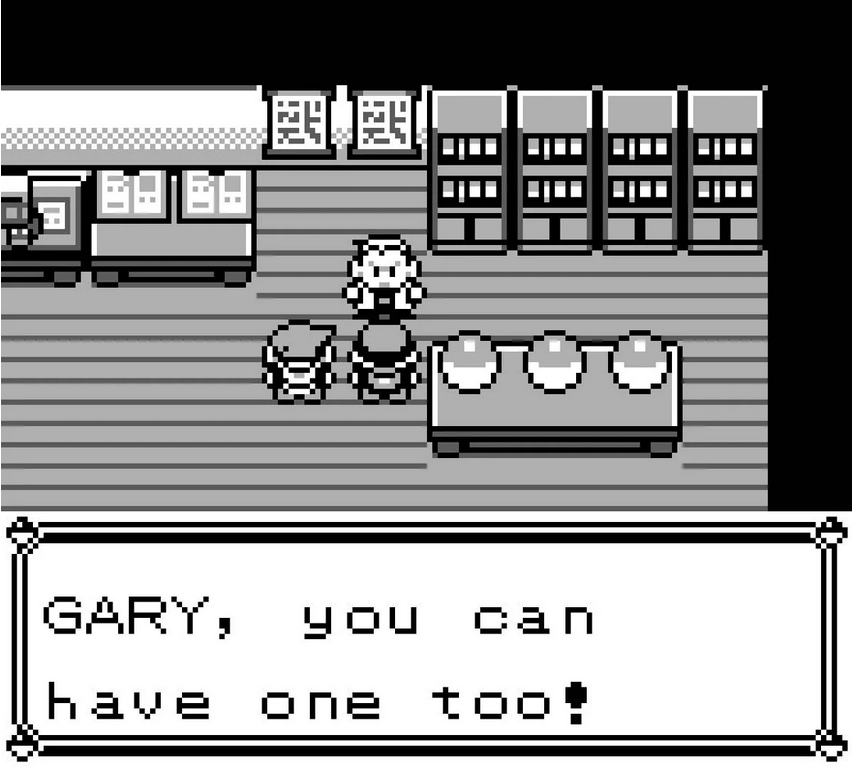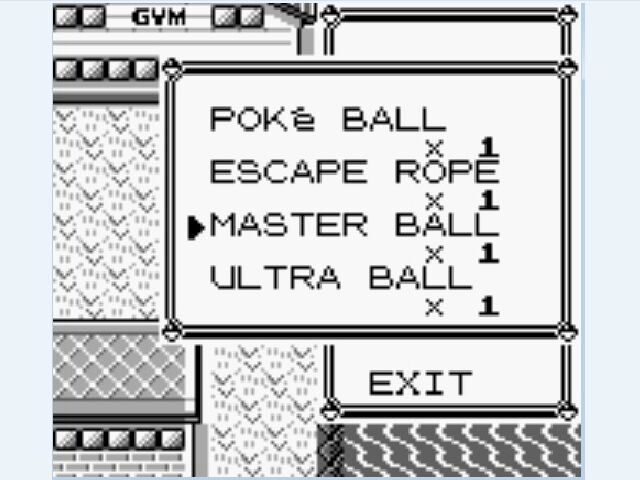Pokémon Red and Blue released in the United States 25 years ago today and its impact on the industry is still being felt today.
Today marks 25 years since Pokémon Red and Blue were unleashed here in the West; subsequently kicking off one of the most consistently successful franchises in gaming. To mark the occasion, I’m taking a look back at the impact this simple RPG franchise had on me as a gamer, why it works so well, and the lasting influence it’s had on gaming in general.
I’ve made no secret of the fact that I’m a big Pokémon gaming fan here on the site. My fanboyish-ness comes out with just about every press release we get regarding new games coming out, and I’ve been steadily playing Pokémon Go since it’s release. Something about the simplicity of the main games—that belie deeper mechanics—is really appealing.
They’re RPGs stripped down and combined with a collecting mechanic that’s so addictive it borders on the ridiculous. Over the many years and several iterations, the basic formula of the game has remained largely unchanged…and there’s a good reason for that. It’s a great formula, going all the way back to the seminal entries in the series, Pokémon Red and Pokémon Blue (which was launched previously in Japan as Green).
![]()
The Starting Journey
Pokémon Red is where I got started with this franchise, even though I fought playing it tooth and nail for a long time. Like many adolescents, at the age where I thought I was too cool for school, I believed Pokémon was something silly for kids.
Once I got my hands on it, though, I realized how addictive it truly was. Not long after, I purchased a copy of my own for the Game Boy and never looked back. I’d had my Game Boy for a little while at this point, but Pokémon was the reason I had to buy an AC adapter for it. I simply couldn’t keep enough batteries around to justify the amount of time I played it.
The true genius behind the first Pokémon game was its ability to suck you in with what appears to be simple mechanics. Once you get deeper into the game, however, you realize how much more complex things get. Ultimately you discover a compelling RPG sits at its core. It’s an accessible game in which newcomers to the genre won’t feel overwhelmed, but with enough depth to attract even hardcore fans. This ease of access is a big part of its appeal, as many gamers felt put off by the more convoluted RPGs of the time period.
No one has ever accused the Pokémon games of having an engaging storyline and in many of the games the primary story is generally wrapped up well before you face down the Elite Four. Yet, the desire to keep moving forward is ever present. The reason why is another genius aspect of the game’s overall design.

Addictive Gameplay
Think of why you do anything in an RPG. You’re sent on quests around different parts of the game, by a numerous amount of people. Sometimes these lead into the overall story and other times they only offer up some extra loot. Regardless of the reason for the quest, it adds to the gameplay and helps move you forward in some way. Pokémon offers plenty of mini-quests to keep you active. More importantly, however, the game itself serves as one big quest!
I don’t mean this in a general sense of the story has its own mission (just about every RPG is a quest to save the world). I mean this in a more literal sense. Within minutes of booting up a new game, you are tasked with a seemingly simple quest—given by an NPC—that becomes the reason you keep playing long after the story dries up. Your quest? To catch all the Pokémon in existence.
![]()
Gamers, by our very nature, are all about challenging themselves. While not everyone is a completionist with games, the drive to dominate a game’s challenges is rooted within us all. It’s what we were raised on with retro games, and it’s the reason why Achievements and Trophies have become as successful as they have. Pokémon Red/Green gave you the ultimate challenge right at the beginning and it’s impossible not to feel yourself drawn into it.
Couple this with a leveling and reward system (new moves and evolutions) that remains one of the best in the genre, and you have something unique and highly addictive. All of this started 25 years ago, and has continued to be the foundation on which all other Pokémon games have followed. There have been some minor tweaks and changes throughout the years and iterations, but on the whole the core of the Pokémon gameplay has remained unchanged since this initial outing.

Better Together
Beyond introducing new elements into the RPG genre, however, Pokémon Red/Blue instigated other changes as well. Playing games with friends is nothing new. It’s been around since video games were born. Yet games on the Game Boy or other handheld devices were largely solo affairs.
Sure, Nintendo already had their Game Boy Link Cable out on the market, but these were mostly used to play competitively with your friends. Pokémon Red and Blue did something different with it; something which hadn’t been considered before: it traded data.
This may not seem like such a big deal now, but when the game first released it wasn’t a common concept. In order to truly “catch ’em all” you had to link up your game with the other cartridge (of a different color) and trade Pokémon back and forth.
For the first time on the handheld you were able to change the elements of your game, introducing all new characters via data dumps, into your experience. It’s something that hadn’t been done before. It changed the way many developers thought about how to utilize the connectivity features of the handheld system going forward.

I know what you’re probably thinking. Other Pokémon titles, like Gold and Silver or Ruby and Sapphire, were far more revolutionary (and less glitchy) than the originals. While those games may technically be better, there’s no denying the impact the original Pokémon games had on the video games industry. Without Red and Blue, the other innovations may never have happened. The core of what makes Pokémon so engaging, even in the newest titles, came from these original Game Boy titles.

